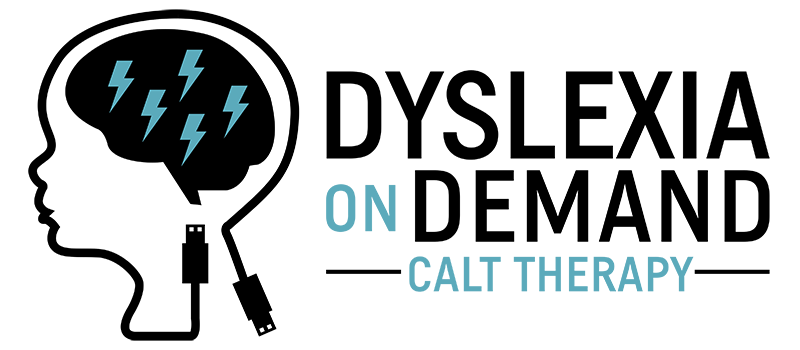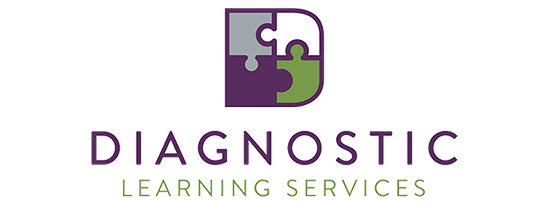
Everything Dyslexia Specialists Want High School Seniors to Know About College
Making the leap from high school to college is a big step for any young adult. College presents a huge learning curve for many students—culturally, socially, and academically. For students with dyslexia, transitioning to life on a college campus can be challenging. Dyslexic students should not be discouraged as they embark on their college journey; students with dyslexia will have to aim to manage studying, test-taking, and college courses in a new environment. It is important for students with dyslexia to find ways to manage their learning disability while achieving success in college. Students with dyslexia should know that there is plenty of support available for them in college; they just need to seek it out. Read on to learn more about everything dyslexia specialists want high school seniors to know about college.
Find the right fit. Attending a college that is just right for you as a student is great advice for any high school senior. But for seniors with dyslexia, this advice is particularly pertinent. Students with dyslexia will want to be sure that the schools to which they’re applying have an environment that works well for them. Does your senior want a college with smaller class sizes and a smaller student body? Would they like to attend a school with big, competitive sports teams or opportunities to play intramural sports? Does the school have comfortable spaces for studying? Does your dream college have a learning center with tutors and accessible professors? Would a college with particular supports for learning disabilities, such as Schreiner University in Kerrville, TX, be the best fit? Does the college go over and beyond to cater to ensure accommodations are in place for all who need them? There are a lot of things to consider; seniors with dyslexia should figure out the size and style of school they want to attend, then ensure that their list of schools has plenty of resources for their learning disability as well.
Sharpen your study skills. Senior year is a great time to assess what kind of studious student you are. Do you need music and headphones to stay focused, or do you prefer total silence? Do lists and timers help with the management of your workload? Will you take notes by hand or record lectures instead? Do paper planners help you, or would you rather keep track of to-dos online? Will you make use of assistive technology like text-to-speech features? Are flashcards an essential study tool for you as a student? There is a lot to manage as a college student, and it’s a good idea to look into the academic style of a college as you begin looking at places where you will be putting your study skills to the test. Working with a dyslexia tutor or therapist can help a senior to hone study skills for the next level at college.
Get familiar. One skill that a senior can practice in high school that will translate very well to college is the ability to converse and communicate well with professors and other adults. In high school, it is a good idea for seniors of all learning styles to have a solid rapport with teachers, tutors, coaches, and counselors. These are the people that will eventually write recommendation letters and help guide seniors to their next educational institution. For students with dyslexia, learning how to work with these important adults in their lives will be a very valuable skill in college. Students with learning disabilities in college have the big responsibility to communicate clearly with professors. If you are a student who will need accommodations in the classroom, communication with the college’s disability office is essential. Discussing solutions and expectations with professors early in your college career can also help to set you up for academic success later.
Know your rights. The Americans with Disabilities Act helped to establish the prevention of discrimination on the basis of disability. For students with dyslexia, this means that colleges and universities are not allowed to discriminate against students with a disability. Seniors should know that at the next level, certain accommodations exist. In addition, some learning resources are available to students with dyslexia, and those can be key to succeeding throughout college. Knowing your rights is one thing, but it’s equally important to advocate for yourself. Assistive technology and other accommodations will be provided as long as you ask for them.
Reach out right away. Once high school seniors are accepted to a college, it is important to reach out to the school as soon as possible. Find out who your contact will be in the disability office, and work on getting documentation for your learning disability so that your accommodations will be in place once you start your college career.
For high school seniors with dyslexia who are headed to college, having a strong academic foundation is so important. At Dyslexia on Demand, Certified Academic Language Therapists work one-on-one with students to help provide the best possible outcomes for students. Sessions provide students with a therapeutic, distraction-free environment. Students are also equipped with strategies that will help them to become academically successful; this is so essential for high school seniors as they plan for their academic future.
Does your high school senior with dyslexia need to build a stronger academic foundation before college? Dyslexia on Demand can help students with their individual needs as they become responsible, independent advocates for their own learning. Reach out to Dyslexia on Demand, or call 888-292-3906 to learn more.







